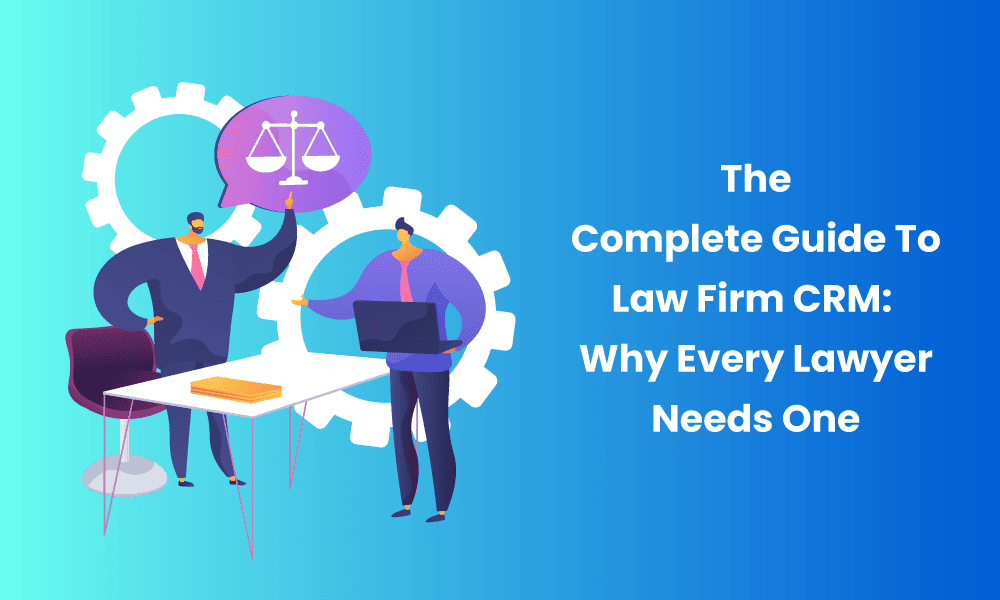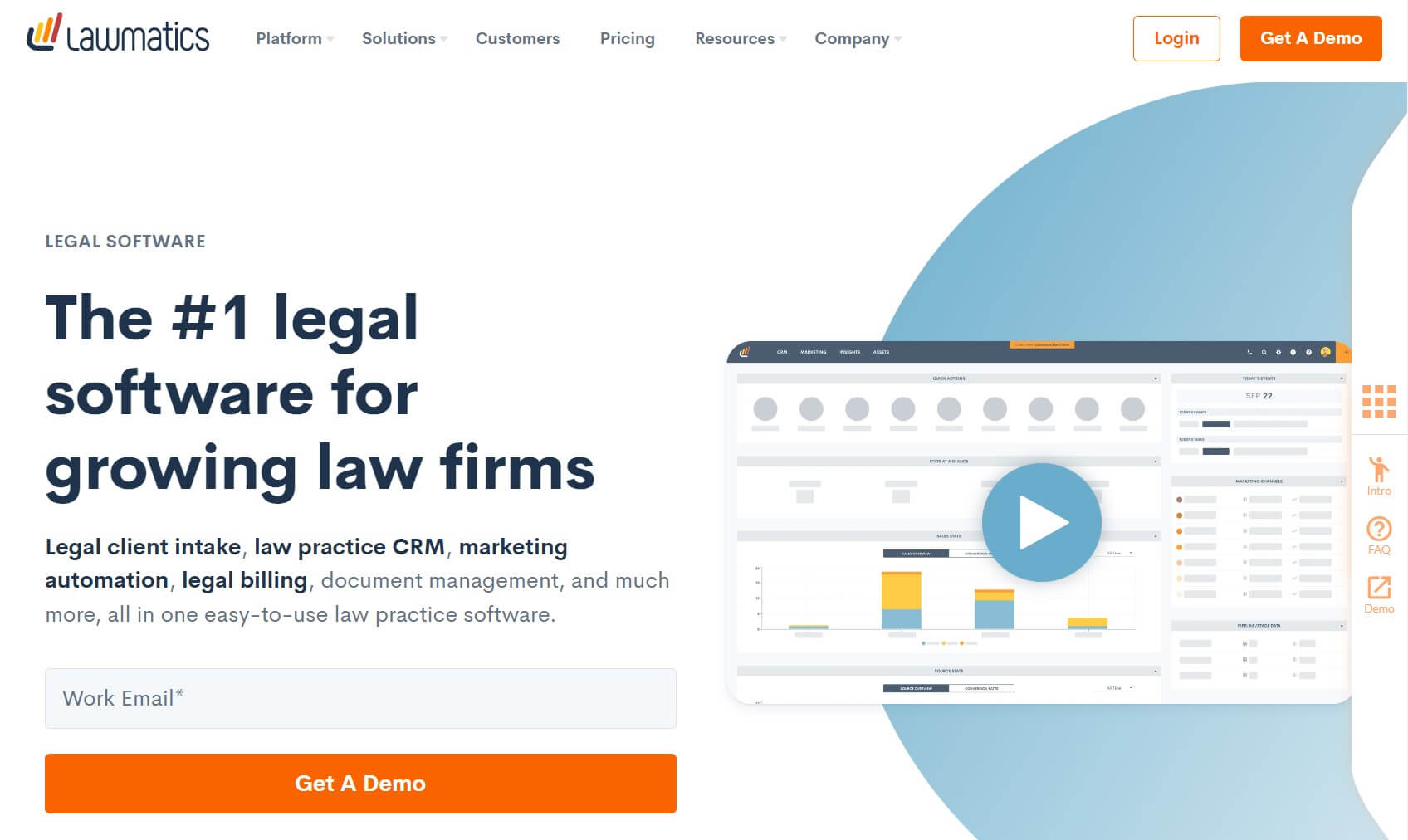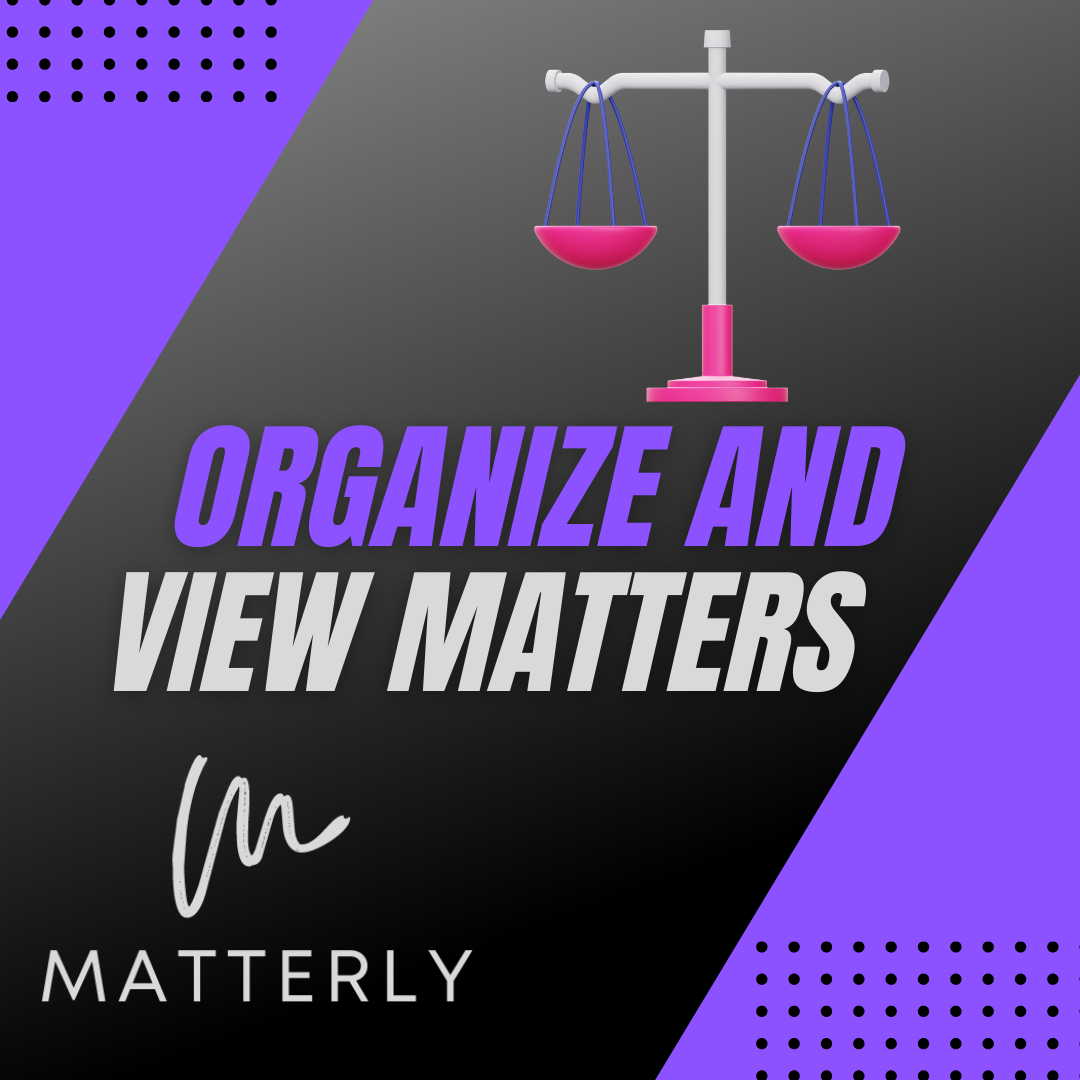In the competitive legal landscape, law office CRM (Customer Relationship Management) has emerged as an indispensable tool for law firms seeking to streamline operations, improve client satisfaction, and drive growth. By leveraging the capabilities of a CRM system, law offices can effectively manage client interactions, track case progress, generate leads, and optimize their workflow.
With its comprehensive features and functionalities, law office CRM software empowers firms to centralize client data, automate tasks, and gain valuable insights into their business performance. This enables lawyers to focus on providing exceptional legal services while ensuring that client needs are met promptly and efficiently.
Law Office CRM Overview
Law firms can significantly enhance their operations and client relationships with a customer relationship management (CRM) system tailored to their specific needs. A law office CRM streamlines daily tasks, improves communication and collaboration, and provides valuable insights into client behavior and preferences.
Key Features and Functionalities
A robust law office CRM typically offers a range of features and functionalities, including:
- Contact management: Centralized storage and organization of client information, including contact details, case histories, and communication logs.
- Case management: Tracking and managing cases throughout their lifecycle, from intake to resolution, with customizable workflows and automated reminders.
- Document management: Secure storage and retrieval of legal documents, including pleadings, contracts, and correspondence, with version control and collaboration tools.
- Time tracking and billing: Automated timekeeping and invoicing, ensuring accurate billing and efficient billing processes.
- Marketing and business development: Tools for managing marketing campaigns, generating leads, and nurturing client relationships.
- Reporting and analytics: Comprehensive reporting capabilities that provide insights into key performance indicators, client trends, and areas for improvement.
Benefits of Using a Law Office CRM

A Law Office CRM can significantly enhance the efficiency and productivity of your firm. Here are some specific benefits:
Improved Client Management
- Centralized client database with complete contact information, case history, and communication logs.
- Automated reminders for appointments, deadlines, and follow-ups.
- Easy access to client profiles and case details, allowing lawyers to quickly provide personalized service.
Enhanced Communication
- Integrated email and phone systems, enabling seamless communication with clients and colleagues.
- Automated email templates for common tasks, saving time and ensuring consistency.
- Document management features, allowing lawyers to easily share and track case-related documents.
Increased Efficiency, Law office crm
- Automated workflows for repetitive tasks, such as case intake and billing.
- Customizable dashboards that provide real-time insights into firm performance.
- Mobile access, allowing lawyers to work from anywhere, anytime.
Improved Collaboration
- Shared calendars and task lists, enabling lawyers to coordinate schedules and delegate responsibilities.
- Document sharing and collaboration tools, facilitating teamwork on complex cases.
- Centralized knowledge base, ensuring all lawyers have access to up-to-date legal information.
Case Studies and Success Stories
Numerous law offices have experienced significant benefits after implementing a CRM. For example, the firm of Smith & Jones saw a 20% increase in revenue after implementing a CRM that streamlined their client management and communication processes.
Choosing the Right Law Office CRM

Selecting the ideal CRM for a law office necessitates careful consideration of specific factors. These include the size of the firm, the number of attorneys and staff, the types of cases handled, and the budget.
Additionally, it’s crucial to evaluate the CRM’s features, such as case management, document management, time tracking, and billing capabilities. The CRM should also integrate seamlessly with other software applications used by the firm, such as accounting and document management systems.
Key Factors to Consider
- Firm size:The number of attorneys and staff will determine the size of the CRM needed.
- Types of cases handled:The CRM should be able to accommodate the specific needs of the firm’s practice areas.
- Budget:The cost of the CRM should fit within the firm’s budget.
- Features:The CRM should have the features that are essential for the firm’s operations.
- Integration:The CRM should integrate with other software applications used by the firm.
CRM Comparison Table
The following table compares different CRM solutions based on features, pricing, and customer reviews:
| CRM | Features | Pricing | Customer Reviews |
|---|---|---|---|
| Clio | Case management, document management, time tracking, billing | Starting at $69/month | 4.5/5 stars on G2 |
| MyCase | Case management, document management, time tracking, billing, marketing | Starting at $49/month | 4/5 stars on Capterra |
| Rocket Matter | Case management, document management, time tracking, billing, reporting | Starting at $199/month | 4.2/5 stars on Trustpilot |
Implementing a Law Office CRM

Implementing a CRM system in a law office requires careful planning and execution. Here are the key steps involved:
Data Migration
Migrating existing client and case data into the new CRM is a critical step. It’s essential to plan and test the migration process thoroughly to ensure data integrity and minimize disruptions.
User Training
Effective user training is crucial for successful CRM adoption. Provide comprehensive training to all users, covering both the system’s functionality and best practices for data entry and management.
Ongoing Maintenance
Regular maintenance is necessary to keep the CRM system running smoothly and efficiently. This includes software updates, data backups, and monitoring for any potential issues.
Using a Law Office CRM Effectively
To maximize the benefits of a CRM in a law office, it’s crucial to implement effective strategies and utilize the system’s capabilities efficiently. Here are some tips and examples to help you use your CRM effectively:
Centralize Client Information
A CRM allows you to store and manage all client-related data in one central location. This includes contact information, case details, communication history, and billing information. By centralizing client information, you can easily access and update it, ensuring that you have the most up-to-date information at your fingertips.
For example, when a new client comes in, you can create a contact record in your CRM and enter their basic information, such as name, address, and phone number. You can also add custom fields to capture specific information relevant to your law firm, such as their area of law or case status.
Track Case Progress
A CRM can help you track the progress of each case, from initial intake to resolution. You can create case records and assign them to specific attorneys or paralegals. The CRM will allow you to track the status of each case, set deadlines, and schedule appointments.
For example, when a new case comes in, you can create a case record in your CRM and assign it to the appropriate attorney. You can then track the progress of the case, including any pleadings that have been filed, motions that have been heard, and hearings that have been scheduled.
Manage Client Communications
A CRM can help you manage all client communications, including emails, phone calls, and letters. You can track the history of each communication and associate it with the relevant client and case. This allows you to easily see what communications have been sent and received, and when.
For example, when you send an email to a client, you can log it in your CRM and associate it with the client’s contact record and the case file. You can then track when the email was opened, when the client responded, and what the content of the communication was.
Generate Leads
A CRM can help you generate leads for your law firm. You can use the CRM to capture leads from your website, social media, and other marketing channels. The CRM will allow you to track the progress of each lead, from initial contact to conversion.
For example, when a potential client visits your website and fills out a contact form, the information can be captured in your CRM. You can then follow up with the potential client and track their progress through the sales pipeline.
Integrating with Other Systems
Integrating a law office CRM with other systems is crucial for streamlining operations and enhancing efficiency. By connecting your CRM with accounting, billing, and document management systems, you can achieve seamless data flow and automate many time-consuming processes.
When your CRM is integrated with your accounting system, you can automatically track billable hours, generate invoices, and process payments. This eliminates the need for manual data entry, reducing errors and saving valuable time. Integration with billing systems also allows you to set up automated billing schedules and reminders, ensuring timely payments and improved cash flow.
Document Management
Integrating your CRM with a document management system enables you to store and manage all client-related documents centrally. This makes it easy to access, share, and track documents, eliminating the need for physical filing cabinets and reducing the risk of losing important information.
Additionally, you can set up automated workflows for document approval and collaboration, speeding up processes and ensuring timely execution.
Trends in Law Office CRM
Law office CRM technology is constantly evolving, with new trends emerging all the time. These trends are driven by the changing needs of law firms and the advancements in technology.
Some of the most important trends in law office CRM include:
- Artificial intelligence (AI): AI is being used to automate tasks, improve decision-making, and provide insights into customer data. For example, AI can be used to automate tasks such as scheduling appointments, sending emails, and generating documents. AI can also be used to identify patterns in customer data and provide insights that can help law firms improve their marketing and sales efforts.
- Cloud computing: Cloud computing is the delivery of computing services over the internet. Cloud-based CRM systems offer a number of advantages over on-premises systems, including scalability, flexibility, and cost-effectiveness. Cloud-based CRM systems are also easier to access from anywhere, which can be a major advantage for law firms with multiple offices or remote employees.
- Mobile access: More and more law firms are using mobile CRM systems to access their CRM data from anywhere. Mobile CRM systems allow law firms to stay connected with their clients and prospects even when they are out of the office.
Mobile CRM systems can also be used to capture leads, track appointments, and manage tasks.
Case Studies and Success Stories
Numerous law offices have reaped the benefits of implementing and utilizing a CRM system. These case studies provide tangible examples of the positive outcomes and specific advantages achieved.
One notable example is the law firm of Baker & McKenzie, which implemented a CRM system to streamline its client relationship management processes. The firm experienced a 20% increase in client satisfaction and a 15% increase in revenue within the first year of using the CRM.
Increased Efficiency, Law office crm
- Improved communication and collaboration among team members
- Automated tasks and streamlined workflows
- Reduced time spent on administrative tasks
Enhanced Client Relationships
- Improved client communication and responsiveness
- Personalized client experiences
- Increased client retention and referrals
Increased Revenue
- Improved lead generation and conversion rates
- Increased cross-selling and up-selling opportunities
- Improved billing and collections processes
Epilogue
In conclusion, law office CRM is a transformative solution that empowers law firms to enhance their efficiency, productivity, and client satisfaction. By embracing the power of CRM technology, law offices can gain a competitive edge, optimize their operations, and deliver exceptional legal services in an increasingly demanding market.